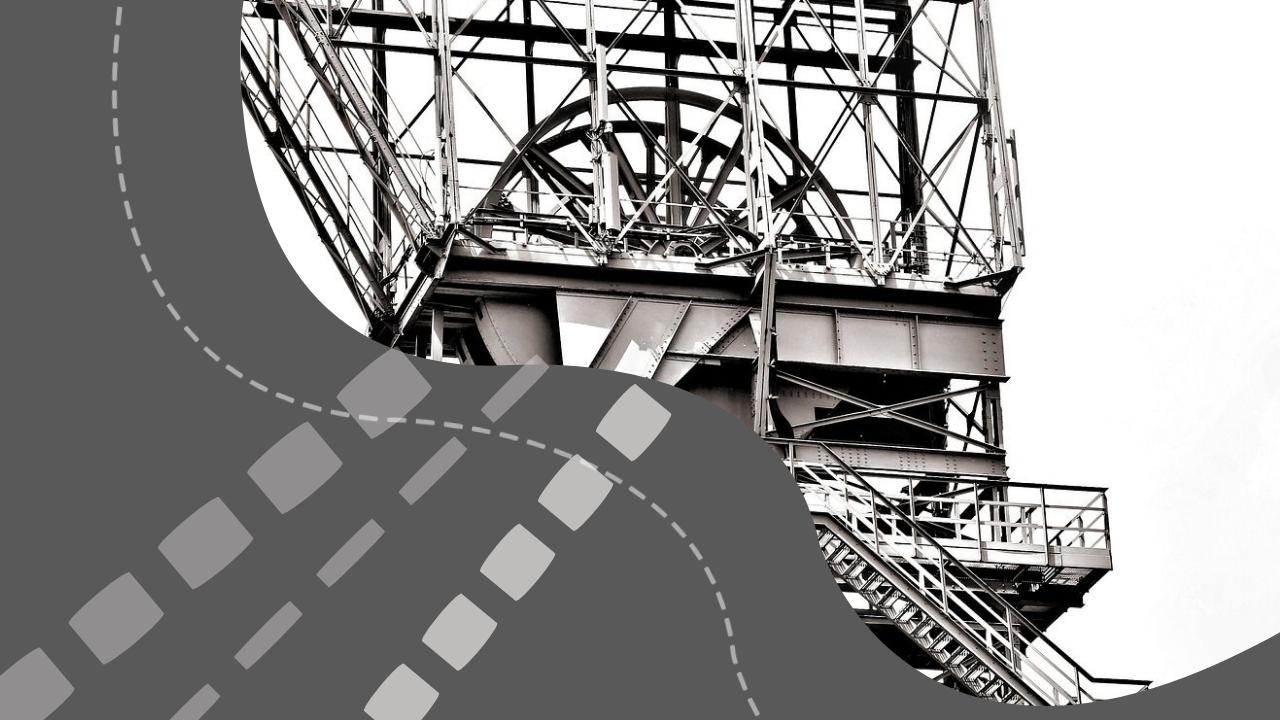During the European Economical Congress in Katowice, Marta Jamo, the director of the Ministry of Industry’s analytics department, highlighted the critical state of Poland’s mining sector. Despite turning a profit last year, the industry struggles to convert it into tangible assets, she stated. Jamo pointed out the persistent issue of high coal piles, stemming from past practices of unregulated imports and a lack of understanding of market and energy industry demands. Emphasizing the urgency, she stressed the need to address the social contract.
Source and Credit: biznes.pap.pl

